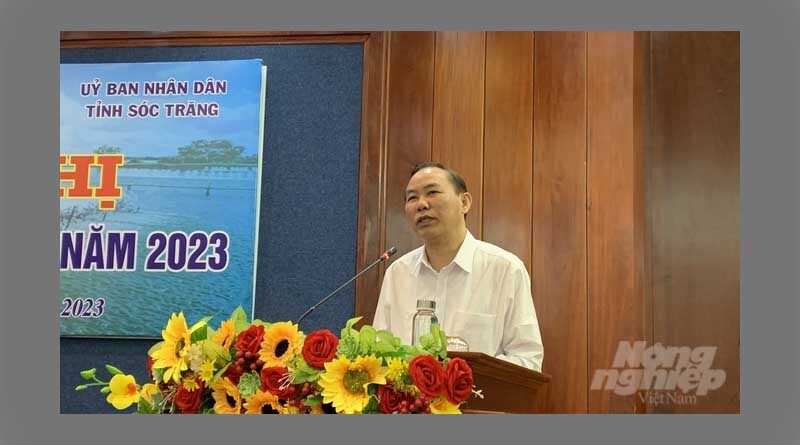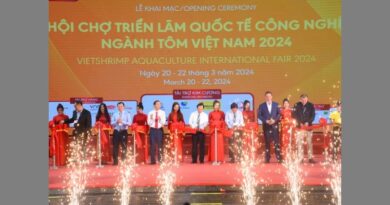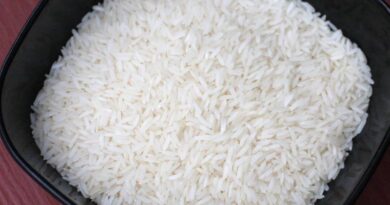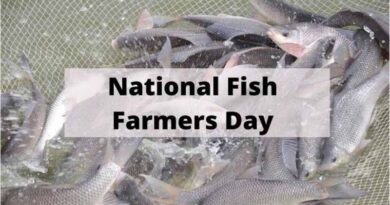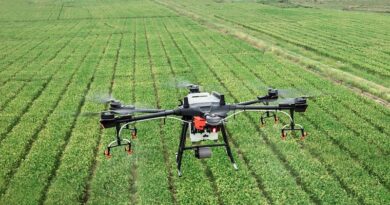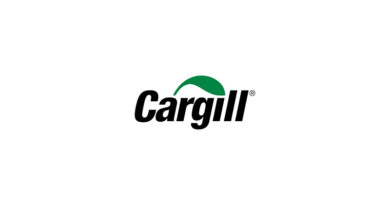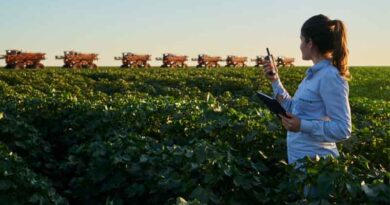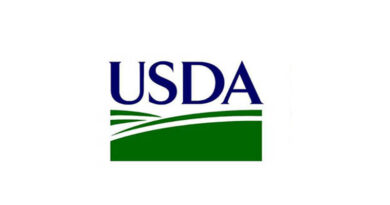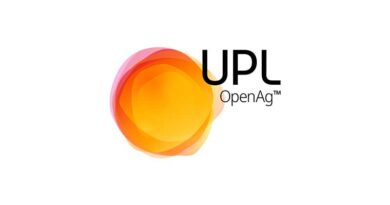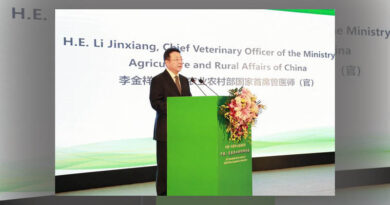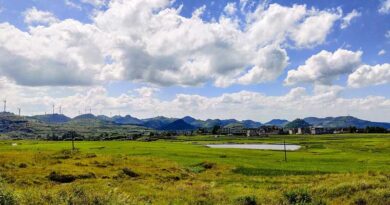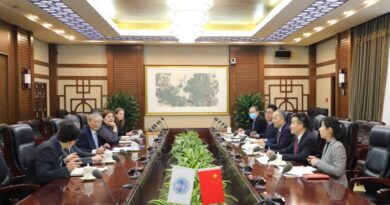Vietnam’s shrimp industry sets an export goal of at least 4.3 billion USD
09 March 2023, VN: Deputy Minister of Agriculture and Rural Development Phung Duc Tien directed the local agricultural sector to strive for a shrimp’s export turnover of 4.3 billion USD by 2023.
Vietnam’s shrimp exports reached an all-time high
The Ministry of Agriculture and Rural Development coordinated with Soc Trang Provincial People’s Committee to organize a workshop on shrimp industry development in 2023 on March 3. The workshop’s goal is to reflect on the results of the shrimp industry in 2022 as well as discuss solutions to develop the brackish water shrimp industry in 2023.
The current ineffective method of information sharing as well as the slow updating of seed production and origin are the major difficulties in the shrimp production management process.
On the other hand, shrimp production costs are higher compared to that of other countries in the region. This is due to the fact that shrimp feed accounts for a high proportion of the production cost, at roughly 65% of the cost of industrial shrimp farming.
In addition, the cost of seed is high due to the import of broodstock, and most of the infrastructure in the farming area is inadequate. Polluted water sources due to the production and living processes, pesticides from agricultural production, etc. are also causes for concern.
According to a report made by Soc Trang province’s Department of Agriculture and Rural Development, the province faced great difficulties in the shrimp farming season of 2022. The low salinity and increased input prices have halted the progress of stocking at the beginning of the farming season. Prolonged heavy rains have caused significant damage to the farming area. Namely, there are more cases of acute pancreatic necrosis, white feces disease and microspores compared to the same period in 2021
Despite these challenges and difficulties, the 2022 shrimp farming season was relatively successful in terms of area and output with a controlled damage rate of less than 5.3%.
Urgent implementation of key farming subjects registration
Deputy Minister of Agriculture and Rural Development Phung Duc Tien requested local governments to continue effectively implementing the 2017 Law on Fisheries, with emphasis on the registration of key aquaculture species such as black tiger shrimp and whiteleg shrimp.
On the other hand, the Deputy Minister also suggested the participants to effectively implement several projects and programs for sustainable aquaculture development in the Mekong Delta; focus on applying new science and technology to improve productivity and quality; prioritize the development of brackish water shrimp industry with regards to value enhancement and sustainable development; focus on guiding farmers on advanced, sustainable and effective techniques, science and technology.
Furthermore, the Deputy Minister suggested stakeholders to develop high-tech shrimp farming in addition to other stages in the shrimp production chain to reduce direct labor and limit the spread of diseases; perform environmental monitoring and warning in concentrated shrimp farming areas to promptly issue recommendations and warnings; minimize damage to farmers and gradually adapt to climate change.
The Deputy Minister requested agencies and local governments to the manage brackish water shrimp seed effectively, closely coordinate between central agencies and localities to manage the quality of shrimp seed; timely and regularly share information on origin and quality to help shrimp farmers access high quality seed for production.
Additionally, strengthen the inspection and examination of establishments that engage in the production of seeds, aqua feeds, products for treatment and improvement of the environment used in aquaculture, as well as strictly handle violations. Production should be organized in the direction of linkage (i.e vertical links between houses, and horizontal links between production facilities). Production must be accompanied by quality certification to achieve safe production, low cost and secure output for the product.
Actors must actively coordinate in handling and removing technical barriers, developing consumption markets for Vietnamese shrimp products.
Deputy Minister Phung Duc Tien requested the Department of Quality Management, Processing and Market Development to control the quality and safety of raw materials and aquatic products, monitor impurities, chemical residues and antibiotics in shrimp products to improve quality; Actively and regularly assess market developments, propose solutions, raise public awareness, establish an appropriate production plan
Local governments need to organize linkages with shrimp production chains, ensuring continuous shrimp production chains; promptly prevent unqualified products including seeds, aqua feeds, and aquaculture environment treatment products from reaching consumers; Strengthen the inspection and examination of food safety in aquaculture in order to ensure the quality of products for processing, domestic consumption and export.
Moreover, implement the 2023 plan of brackish water shrimp production; direct the implementation of regulations on farming conditions, registration of key farming subjects, management and organization of inspection and control of production facilities’ conditions and quality of aquatic breeds and feeds, aquaculture environment treatment products, strictly handle violations.
In addition, effectively implement environmental monitoring and warning to promptly advise and warn farmers; establish guidelines for disease prevention measures, implement technical solutions for effective shrimp farming, minimizing damage to farmers; improve the dissemination and transfer of science and technology to replicate 2-, 3-stage farming models; utilize probiotics and effective circulating culture to help farmers and businesses reduce losses.
Deputy Minister Phung Duc Tien advised businesses and shrimp farmers to comply with the provisions of the law on aquaculture, food safety and veterinary medicine. Most notably, businesses and farmers need to urgently register key farming subjects as detailed under Article 36 of Decree No. 26/2019/ND-CP; formulate plans in preparation for active production under challenging conditions such as drought, saline intrusion, and environmental fluctuations, which can lead to an increase in disease as well as the price of input materials.
Furthermore, improve product quality, cooperate and link production in chains to reduce intermediaries, reduce production costs, and improve product quality; strengthen trade promotion for domestic consumption, replicate farming methods certified by VietGAP, GlobalGAP, ASC, etc.; comply with regulations on the use of prohibited substances, drugs, chemicals in shrimp farming, substances product quality, and traceability.
Also Read: Indian government to launch Seed Traceability System for good quality seeds
(For Latest Agriculture News & Updates, follow Krishak Jagat on Google News)

